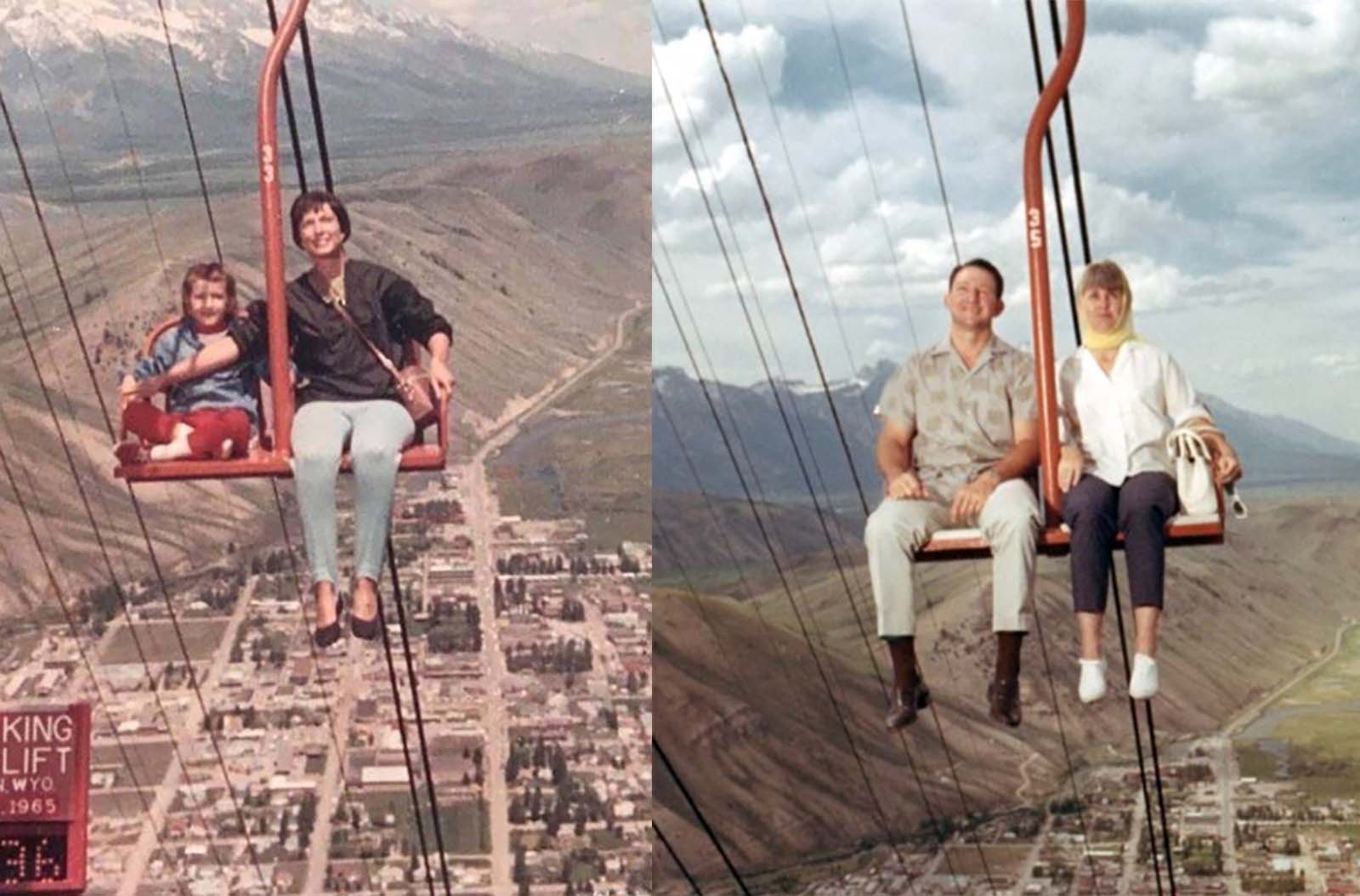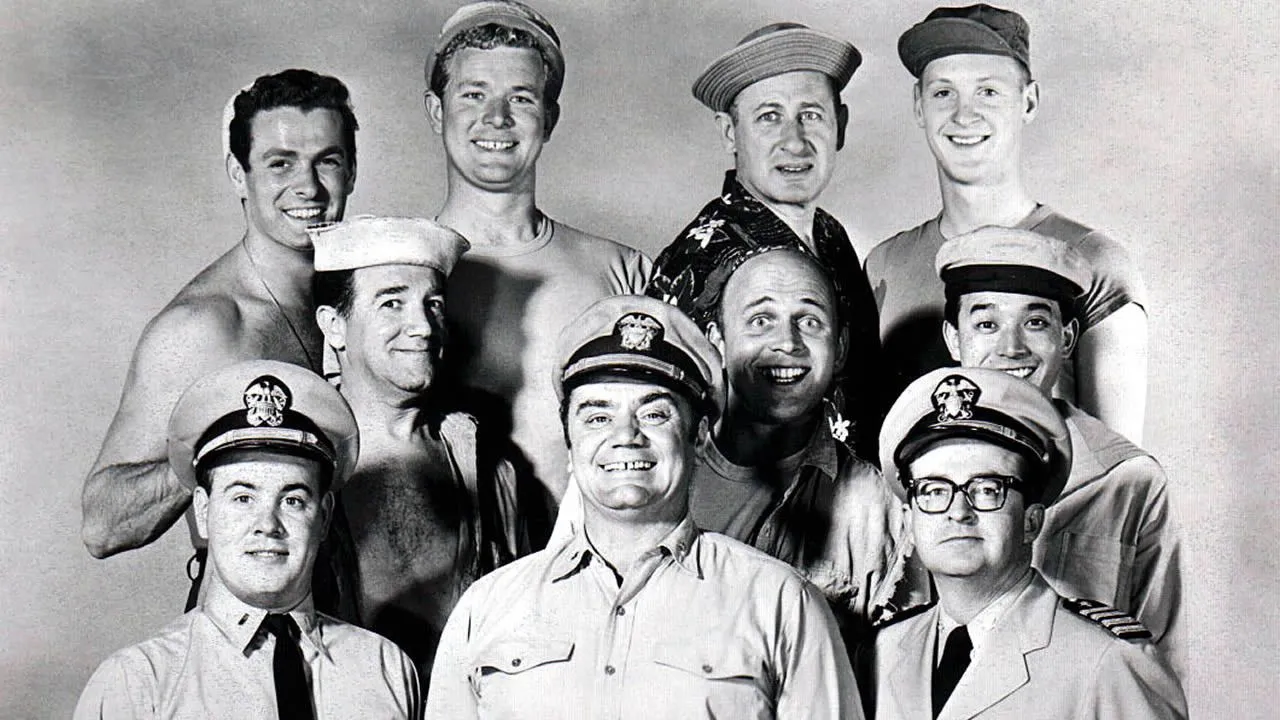In the heart of World War II-era America, a paradigm shift was underway that extended far beyond the battlefield. As men were called to serve their country, women stepped into roles traditionally reserved for their male counterparts, breaking barriers and reshaping societal norms. One captivating glimpse into this transformative period comes from the photos of Women Garage Attendants at the Atlantic Refining Company Garages in Philadelphia, circa 1943. These photos offer a poignant narrative of resilience, empowerment, and the indomitable spirit of women navigating uncharted territory.

The early 1940s marked a critical juncture in American history. The United States, deeply entrenched in World War II, experienced a seismic shift in its workforce as men enlisted for military service. To fill the void left by their absence, women across the nation stepped into roles previously deemed exclusive to men, venturing into industries ranging from manufacturing to transportation.
The images capturing Women Garage Attendants at the Atlantic Refining Company in Philadelphia provide a tangible snapshot of this societal metamorphosis. At a time when gender roles were rigidly defined, these women took on responsibilities within the automotive sector, challenging stereotypes and proving their capabilities in what was perceived as a male-dominated domain.

The photographs depict a group of women donned in coveralls and caps, their faces marked by determination and purpose. Positioned against the backdrop of bustling garages and mechanical tools, these women stand as living testaments to their commitment to the war effort and their unyielding resolve to contribute meaningfully to their communities.
In the images, we witness these trailblazing women performing tasks traditionally reserved for men, from checking oil levels to repairing engines. The Atlantic Refining Company's decision to entrust women with such responsibilities was both a pragmatic response to the wartime labor shortage and a recognition of the untapped potential within the female workforce.

Undoubtedly, the path these women treaded was fraught with challenges. Many faced skepticism and resistance from their male counterparts, who were accustomed to a patriarchal workplace dynamic. However, the determination of these women, coupled with the urgency of the war effort, compelled society to reconsider deeply ingrained gender norms.
Despite the obstacles, the women at the Atlantic Refining Company demonstrated remarkable resilience and expertise. They not only managed routine maintenance tasks but also played a crucial role in ensuring that the fleet of vehicles essential to the war effort remained operational. Their contribution extended beyond the mechanical aspects of their roles; they became symbols of inspiration for a nation in the throes of wartime upheaval.

The images of Women Garage Attendants in 1943 Philadelphia embody the essence of empowerment. These women seized an unprecedented opportunity to showcase their competence, dispelling the notion that certain professions were exclusive to men. Their endeavors not only contributed tangibly to the war effort but also laid the foundation for subsequent generations of women to pursue careers in traditionally male-dominated fields.
The legacy of these pioneering women extends far beyond the confines of Atlantic Refining Company garages. Their courage and resilience paved the way for the gradual dismantling of gender barriers in the workplace, fostering a cultural shift that continues to resonate in contemporary discussions surrounding gender equality and diversity.

As we reflect on the images of Women Garage Attendants in 1943, it is essential to acknowledge the progress made since that transformative period. The efforts of these women were instrumental in challenging societal norms, leading to greater inclusivity in the workforce. Their pioneering spirit echoes in the strides made towards gender equality, reminding us of the transformative power of individuals who dare to defy convention.
In conclusion, the photographs of Women Garage Attendants at Atlantic Refining Company Garages, Philadelphia, in 1943 encapsulate a pivotal moment in American history. These women, thrust into roles previously deemed off-limits, became unsung heroes of the war effort, challenging societal norms and setting the stage for broader discussions on gender equality. Their legacy endures as a testament to the indomitable spirit of those who paved the way for progress, reminding us that every step toward equality is a collective triumph for humanity.










